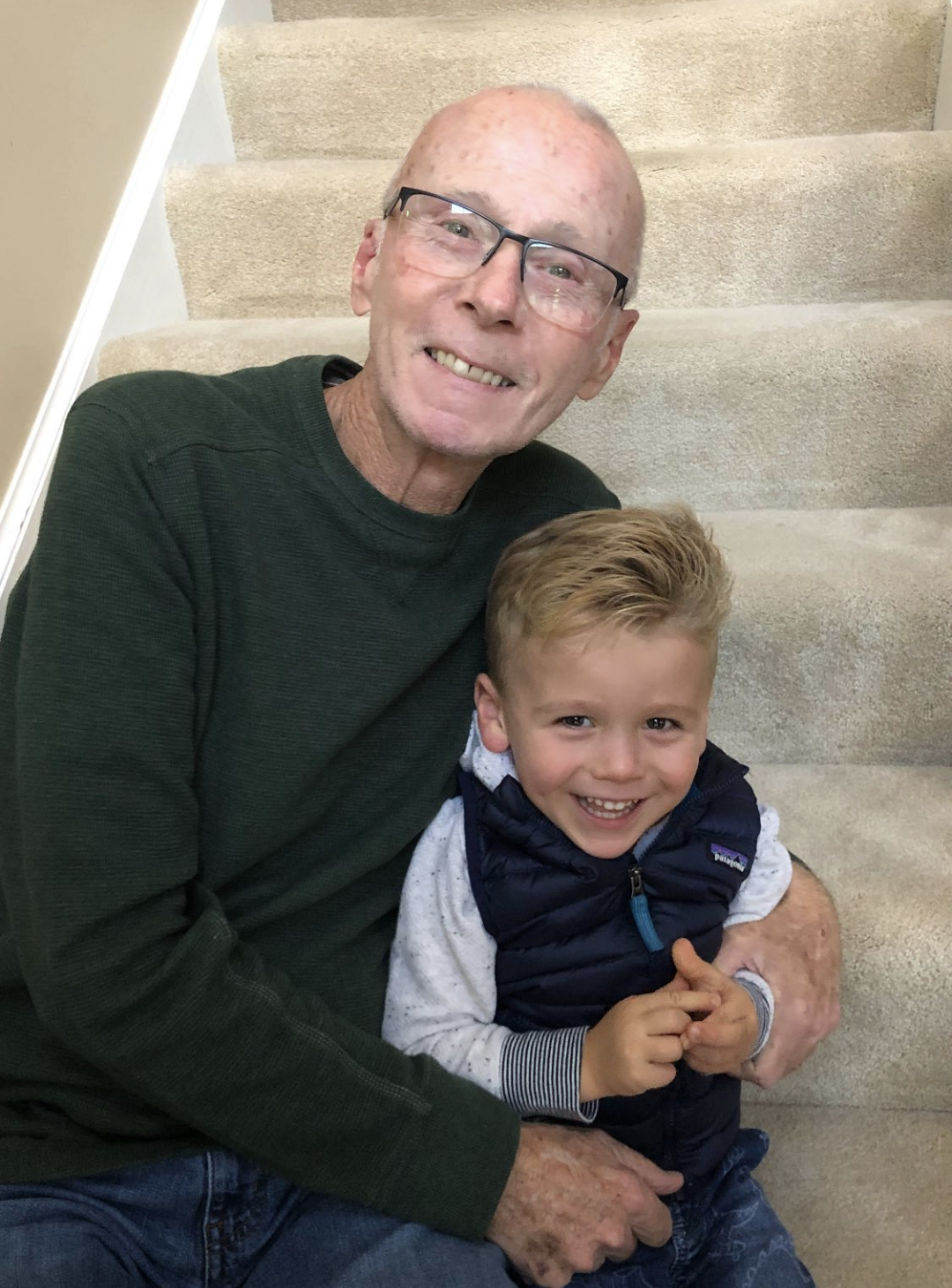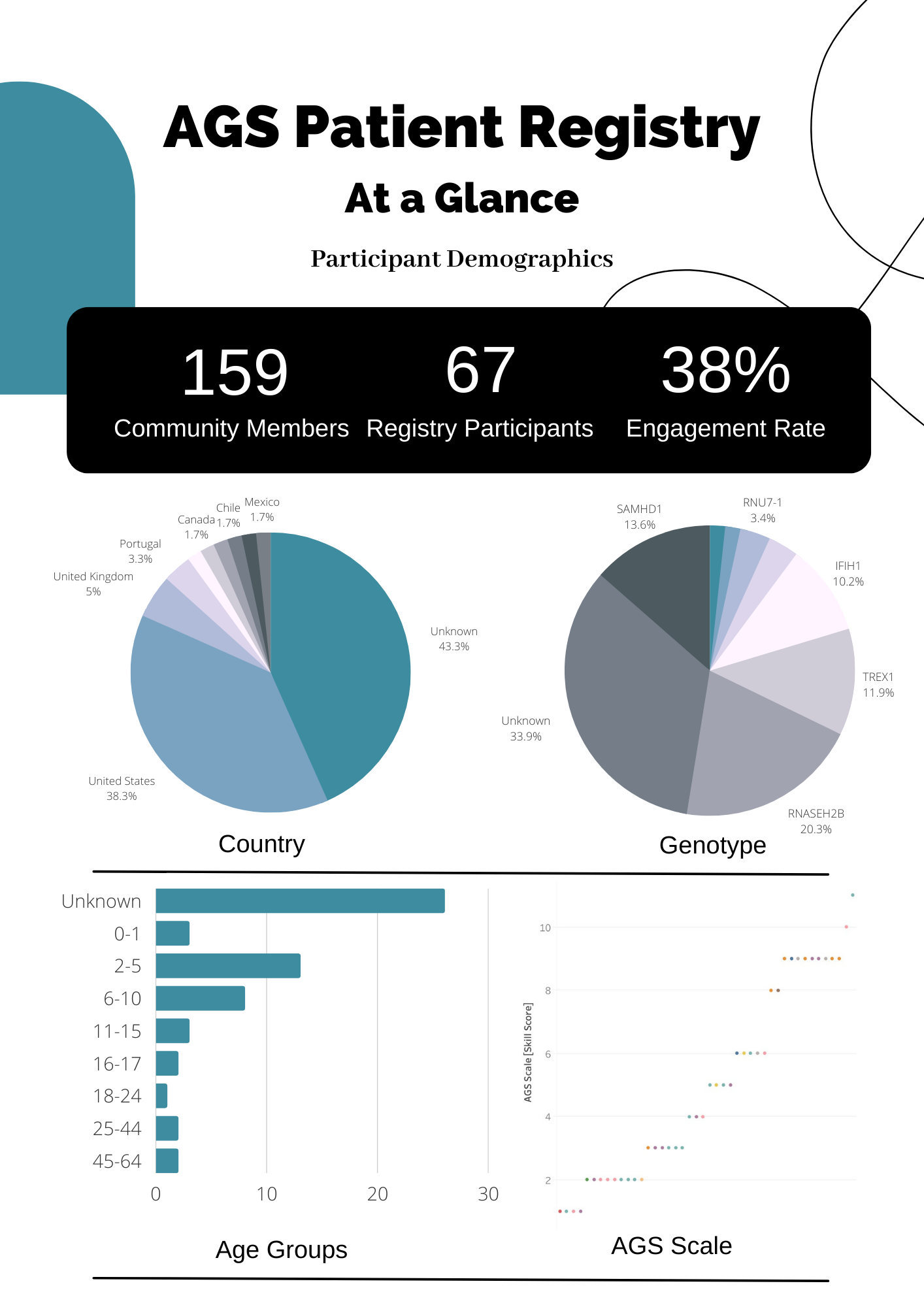In honor of Leukodystrophy Awareness Month we’re going to spend September highlighting families affected by Aicardi-Goutieres Syndrome from around the world. Watch our social media channels (Instagram, Facebook, and Twitter) for regular posts introducing another child, another family, another story. We’re diverse but united in our common goal to rescue potential and improve access and affordability of treatment. Share our stories this month to help raise awareness and achieve our goal of becoming one of the 5% of rare diseases with a fully approved treatment.
If you’re an AGS family that would like to be included in this month’s highlights, contact us on social media, by phone, or email (https://agsaa.org/contact).









